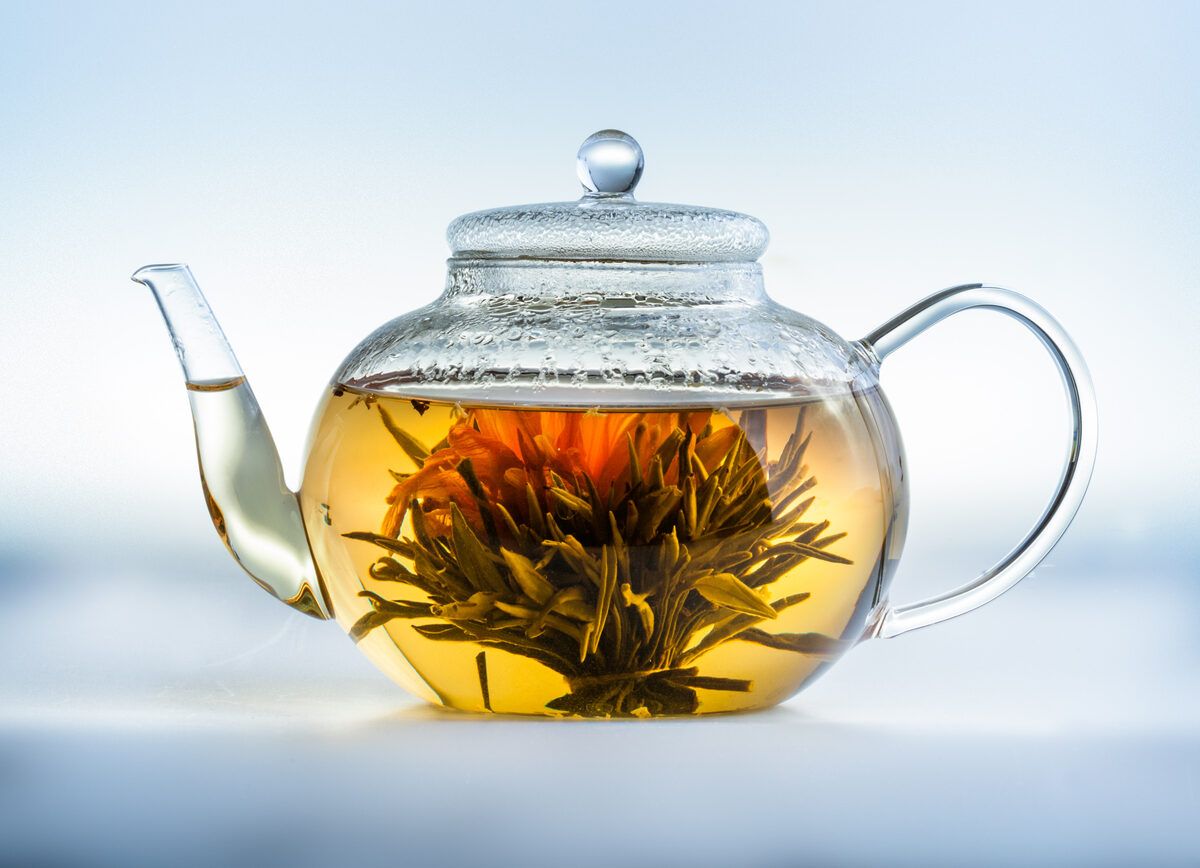
Many cultural traditions believe that a “vital energy” exists to guide someone’s physical and mental processes. Qi is arguably the most important component of Traditional Chinese Medicine.
Qi is described as the body’s ability to regulate its internal environment to create and maintain homeostasis, which keeps our body healthy. In Chinese culture, all types of illnesses and discomfort are due to blockages, deficiencies, and too much Qi. The goal of Chinese medicine is to use tools such as acupuncture and herbs, to align and restore the balance of Qi in the body.
Different Types of Qi Deficiency
People who have enough Qi in their body are seen as healthy and energetic. They can more easily fight off a virus, and are in a happier state of mind. However, people who do not have good Qi will likely feel fatigued all the time, and they tend to fall sick more easily.
Qi deficiencies can be a result of living an unhealthy lifestyle, or from being overly stressed or emotional. For example, consistent states of fear or fright can scatter Qi, while anger can cause Qi to be stagnant. This results in an imbalance of Qi in the body and causes one’s bodily systems to not function as well. Below are some common symptoms of Qi deficiency:
- Chronic fatigue
- Catching colds easily
- Depression
- Indigestion
- Allergies
It’s also possible to have excess Qi. Those with excess Qi might appear as more irritable and stressed. Chronic pain is a common symptom of excess or stuck (stagnant) Qi. Medicinal doctors often use acupuncture to help move around stagnant Qi.

How to Restore and Regulate Your Qi
If you are not feeling well, it may be due to an imbalance in your Qi from lack of nutritious food, mineralized water, good sleep, rest, fresh air, and unmanaged stress. Below are some healthy lifestyle tips that can boost your vital energy and keep your Qi flowing more effectively:
Improving Your Diet to Improve Your Qi
Plenty of foods can help to increase the Qi in your body. Traditional Chinese Medicine focuses on eating healthy foods that promote good digestive health and good gut health. According to ancient Eastern philosophies, flowering plants and fruits contain the most Qi as it is at its peak of its life. Eating an abundance of plants and fruits can help your body heal. Besides that, Traditional Chinese methods encourage cooking food through steaming, grilling and roasting.
Below are some other foods that can boost your vital energy:
- Fermented foods such as kimchi and miso
- Vegetables and fruits that are rich in vitamins and minerals
- Herbs and other warming spices
- Healthy fats like nuts, avocados and coconut oil
Below are some of the foods that you should avoid as it can promote yeet hay, or heatiness and result in stagnant Qi:
- Junk food
- Cold food
- Raw food
- Fried food
- Dairy products
Getting Good Sleep to Recharge Your Qi
Sleep is one of the best ways to recharge your Qi. Getting enough sleep and getting better quality of sleep is important to allow your body to repair itself. This is especially important for older adults as the amount of Qi in our body decreases with age. However, up to 60% of the population of older adults suffer from insomnia, leading to poor productivity and quality of life. Some people might struggle to get good sleep due to their genetics. Sleep is crucial for your wellbeing, so finding out how your genes affect your sleep quality can help you figure out which products can help you sleep better.

Herbal Soups and Teas
Herbs are one of the five pillars of healing in Traditional Chinese Medicine. Below are some of the herbs and their medicinal properties that can help boost your immune system and improve your physical and mental health.
Ginger: In Traditional Chinese Medicine, ginger is believed to boost Qi and increase blood circulation. Ginger helps improve the immune system and aids various ailments. Ginger is a perfect addition to your dishes for a spicy kick or it can be drunk as a tea.
Rose Buds: In Chinese Medicine, rose buds have a warming effect and is believed to improve blood circulation in the body while alleviating symptoms such as abdominal pain and indigestion. Steep rose buds in hot water for a fragrant cup of tea.
Red Jujube Dates: These dates are said to have properties to reduce stress and anxiety. Chinese medicine doctors often prescribe those suffering from insomnia, restlessness or burnout to have a cup of jujube tea.
Goji Berry: Goji berries or wolfberries are believed to have health properties such as improving longevity, energy and stamina. Add these goji berries to your tea or soups for an extra dose of nutrients.
Chrysanthemum: Chrysanthemum is famous for having various medicinal properties. It has antimicrobial properties that help cleanse the body. It is also known to treat an array of ailments such as headaches, sore throats, acne and ulcers and boost immunity and heart health. Boil yourself a fragrant pot of chrysanthemum tea to reap these benefits.
Incorporate Qi Gong and Tai Chi into Your Daily Routine
Strenuous exercises can cause you to have stagnant Qi or have too much residual Qi. That’s why after an intense HIIT workout, you might feel yourself vibrating with energy. Doing Tai Chi or Qi Gong exercises can help regulate the Qi in your body. The mixture of breathing and slow movements result in “life energy cultivation” and cause Qi to circulate through the body.
Benefits of Acupressure and Acupuncture for Your Qi
According to Traditional Chinese Medicine, the root of all illnesses and discomfort can be credited to stuck Qi. Acupuncture or acupressure can help move around stagnant Qi and encourage it to flow through your body. Those suffering from chronic migraine headaches, aches and pains can try acupuncture if they fail to see improvements from modern medicine.
Spend Time in Nature for the Sake of Your Qi
Traditional Chinese Medicine believes that the body is very connected to the natural world. Fresh air is very important in Chinese medicine, as it can replenish Qi. Take morning or evening walks in nature to de-stress and reconnect with nature. Spending time in nature is linked with increased happiness, and it can also boost your immune system and potentially prevent you from getting sick or suffering from brain fog.






